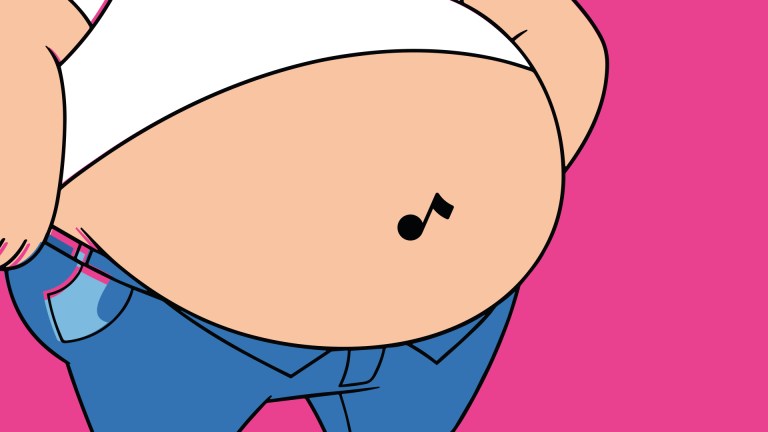“Unless we recognise the overall failures of our current systems, we most probably don’t stand a chance,” warns teenage environmental activist Greta Thunberg on her most emo of musical debuts – a spoken-word guest slot on a new, self-titled ambient track by English pop band The 1975, all proceeds from which will be donated to Extinction Rebellion. True to type for the inspiring young Swede, it’s an intelligent and stirring monologue that should give us all food for thought and renewed hope for the future, and which has upset the usual cabal of sourpuss senior male media commentators, the kind of heartless shits who probably relished telling their kids that Santa’s not real.
// I T S T I M E T O R E B E L // @GretaThunberg L O V E https://t.co/tmjlHBRbUZpic.twitter.com/C812vOvuMP
— The 1975 (@the1975) July 25, 2019
Giving Thunberg such a platform has similarly earned The 1975, fronted by the never knowingly circumspect Matt Healy, a mixture of applause and derision, with many a snark pointing out the inherent hypocrisy of an emissions-spewing world-touring arena pop band promoting a message about sustainability. Pre-empting such accusations, The 1975 and their label Dirty Hit claim to already be taking active steps – such as developing a line of environmentally friendly merchandise – towards becoming carbon neutral within the next few years, and good on them for it.
From Joni Mitchell’s Big Yellow Taxi to Michael Jackson’s Earth Song, pop stars have long sung earnest songs about saving the planet. Yet the music industry remains an inherently dirty business. Not long before embarking upon a groundbreaking carbon-neutral world tour back in 2008, Radiohead, one of the first major rock bands to get serious about sustainability, summed up the scale of the challenge well when singer Thom Yorke complained: “Some of our best shows have been in the US, but there’s 80,000 people there and they’ve all been sitting in traffic jams for five or six hours with their engines running to get there.”
Should more bands be following Radiohead and The 1975’s examples and thinking of ways to reduce their carbon footprints, in turn perhaps encouraging their audiences to do the same? When not doing their own personal bit for the environment by recycling U2, should the likes of The Killers and Coldplay make their way around the world not on private jets but by rail and sail? Incidentally The Cure tried touring to the US by cruise ship years back owing to frontman Robert Smith’s fear of flying. “Five days in a boat with, like, 47 bars and a casino,” he later remarked, “it was like a tour before a tour.” The emissions of a transatlantic cruise are just as bad if not worse than a flight in any case.
Encouragingly there have been various high-profile examples of festivals taking a lead on better environmental practice. Glastonbury went plastic bottle-free this year, following in the footsteps of other smaller events such as Greenbelt and Shambala. The world’s largest concert promoter, Live Nation, says it will eliminate single-use plastics at its festivals and venues by 2021.









